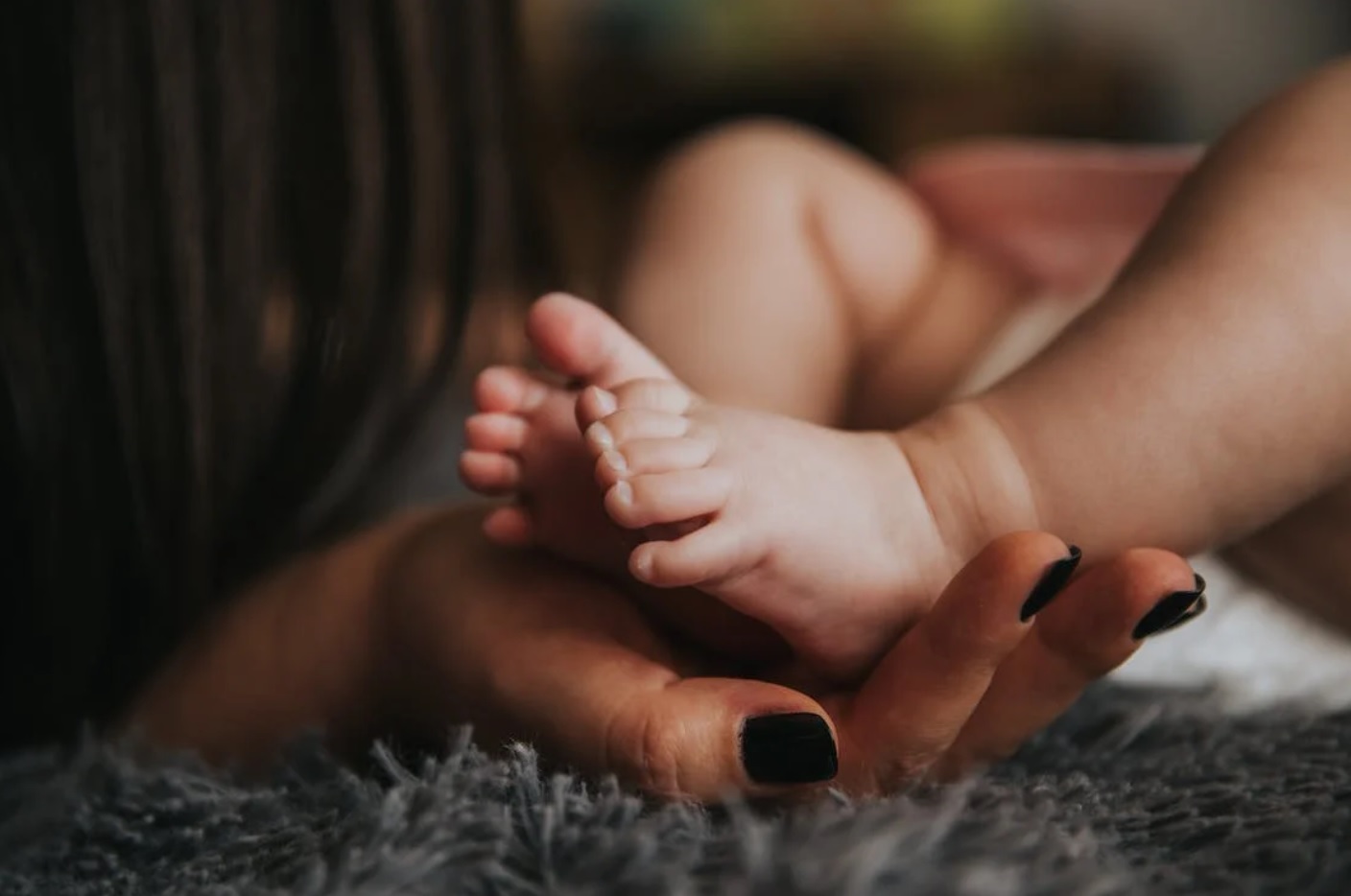The journey of bringing a new life into the world is a remarkable experience, but it can also be physically demanding and emotionally challenging. Following childbirth, a woman’s body goes through significant changes, making self-care a top priority. Here are eight essential actions you can take to facilitate your body’s recovery and well-being after giving birth.
Make Rest and Sleep a Priority
The initial weeks following childbirth can be draining, with the constant demands of caring for your newborn. It’s crucial to prioritize rest and sleep whenever possible. Enlist the assistance of a partner, family member, or friend to care for the baby, allowing you to take short naps or enjoy a full night’s sleep. Adequate rest is vital for both your physical and mental health, so don’t underestimate its importance.
Stay Well-Hydrated and Consume Nutrient-Rich Foods
Maintaining proper nutrition and hydration is essential during the postpartum period, particularly if you are breastfeeding. Ensure you drink plenty of water to stay hydrated and opt for foods rich in essential nutrients to support your healing and milk production. Diversify your diet with a variety of fruits, vegetables, lean proteins, and whole grains. You may also consider consulting a nutritionist or healthcare provider for personalized dietary recommendations.
Engage in Pelvic Floor Exercises
Pregnancy and childbirth can lead to the weakening of pelvic floor muscles, potentially resulting in issues like urinary incontinence. Performing pelvic floor exercises, commonly known as Kegel exercises, can help strengthen these muscles. To do Kegels, contract the muscles as if you are attempting to halt the flow of urine, hold for several seconds, and then release. Repeating this exercise multiple times daily can enhance pelvic floor tone and reduce the risk of complications.
Address Pain and Discomfort
It’s typical to experience pain and discomfort after giving birth, particularly if you’ve undergone vaginal delivery or a C-section. Follow the pain management recommendations provided by your healthcare provider, which may include over-the-counter pain relievers or prescribed medications. Additionally, using hot or cold compresses and practicing gentle stretching exercises, or considering treatments like ThermiVa, can provide relief from muscle soreness and perineal discomfort.
Embrace Gentle Exercise
Although strenuous exercise should be avoided immediately after childbirth, engaging in gentle, postpartum-appropriate physical activity can be advantageous. Walking is an excellent low-impact exercise to begin with. As your body heals, you can gradually incorporate more exercises, such as postpartum yoga or pelvic floor strengthening exercises. Before initiating any exercise routine, it’s essential to consult your healthcare provider to ensure it aligns with your situation.
Seek Emotional Support
The postpartum period can elicit a range of emotions, including joy, sadness, anxiety, and stress. Receiving emotional support is crucial for maintaining good mental health. Communicate your feelings with your partner, friends, or family members, and don’t hesitate to reach out to a mental health professional if you find yourself grappling with postpartum depression or anxiety. Seeking help is a commendable step, and addressing your emotional well-being is essential for both you and your baby.

Establish Healthy Sleep Habits
Getting quality sleep as a new parent can be a challenge, but establishing good sleep hygiene can enhance your sleep quality. Create a soothing bedtime routine, limit caffeine and screen time before bedtime, and ensure your sleep environment is comfortable. When your baby takes naps, consider taking short naps as well to catch up on sleep.
Avoid Rushing Your Postpartum Recovery
Each woman’s postpartum journey is unique, so it’s vital not to compare your progress to others or rush your recovery. Listen to your body and adhere to your healthcare provider’s guidance. While it’s natural to desire a swift return to your pre-pregnancy state, healing and adapting to life with a newborn require time. Extend patience to yourself and allow your body to recover at its own pace.
Conclusion
The postpartum period marks a phase of transformation, and it’s crucial to prioritize your physical and emotional well-being. By implementing these eight steps, you can facilitate your body’s recovery and thrive after giving birth. Remember that self-care isn’t selfish; it’s a fundamental aspect of being a healthy and content parent. Seek support from your healthcare provider, friends, and family members as you navigate this remarkable journey into motherhood.
